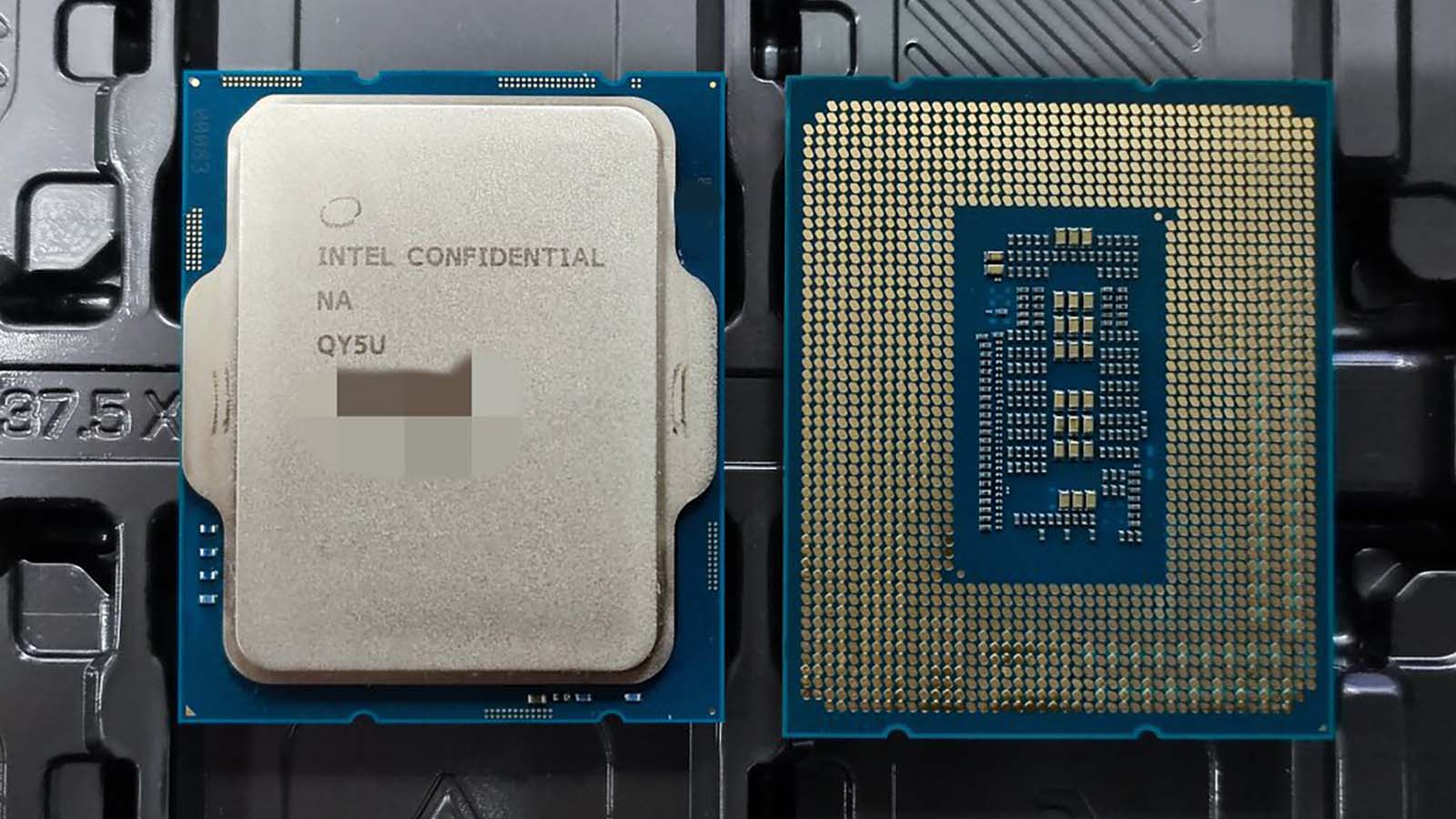Intel Alder Lake hasn't dented AMD's gains in gaming PC market – yet
AMD continues to gain in gaming PC installs despite Alder Lake

Steam's November Hardware Survey has just been released, and it's not good news for Team Blue.
Despite the successful release of Intel Alder Lake, which shows Intel's chips going toe-to-toe with or besting rival AMD's best processors, AMD still made gains in Steam's monthly survey.
In November, 31.53% of Steam users were using an AMD processor, compared to 68.45% for Intel chips. That's a month over month increase of 0.69%, which is a nice gain for AMD.
Intel Alder Lake processors first went on sale on November 4, so it might be too early yet for most gamers to upgrade to the new processors, especially given that the new processors also require new motherboards to run, increasing the upgrade cost beyond just the processor.
Analysis: not great news for Intel, but it's early yet
While AMD has been making clear gains on Intel this year, with 68.45% market share for the PC gaming segment, Intel still holds a pretty dominating position.
Intel Alder Lake is only a month old at this point, and while the high cost of entry is going to slow adoption, a much more significant factor will be the inclusion of Alder Lake chips in prebuilt systems, which are only now starting to go on sale.
When you factor in DDR5 and PCIe 5.0 support – which Intel Alder Lake supports, but AMD Zen 3 does not – once these higher-end peripherals start to make it onto the market, you're going to have a lot more demand for Intel Alder Lake chips, since gamers are definitely going to want to take advantage of these new technologies.
Get daily insight, inspiration and deals in your inbox
Sign up for breaking news, reviews, opinion, top tech deals, and more.
AMD won't have a processor series that supports these technologies for another several months, with AMD's Zen 3+, which is the base Zen 3 architecture with additional 3D V-Cache, rather than an entirely new architecture, expected to launch at some point in Q1 2022.
That's a long time for Intel to have the DDR5 and PCIe 5.0 turf to itself, and in the months ahead it could absolutely help Intel reclaim some of the ground it lost to AMD in recent years.

John (He/Him) is the Components Editor here at TechRadar and he is also a programmer, gamer, activist, and Brooklyn College alum currently living in Brooklyn, NY.
Named by the CTA as a CES 2020 Media Trailblazer for his science and technology reporting, John specializes in all areas of computer science, including industry news, hardware reviews, PC gaming, as well as general science writing and the social impact of the tech industry.
You can find him online on Bluesky @johnloeffler.bsky.social